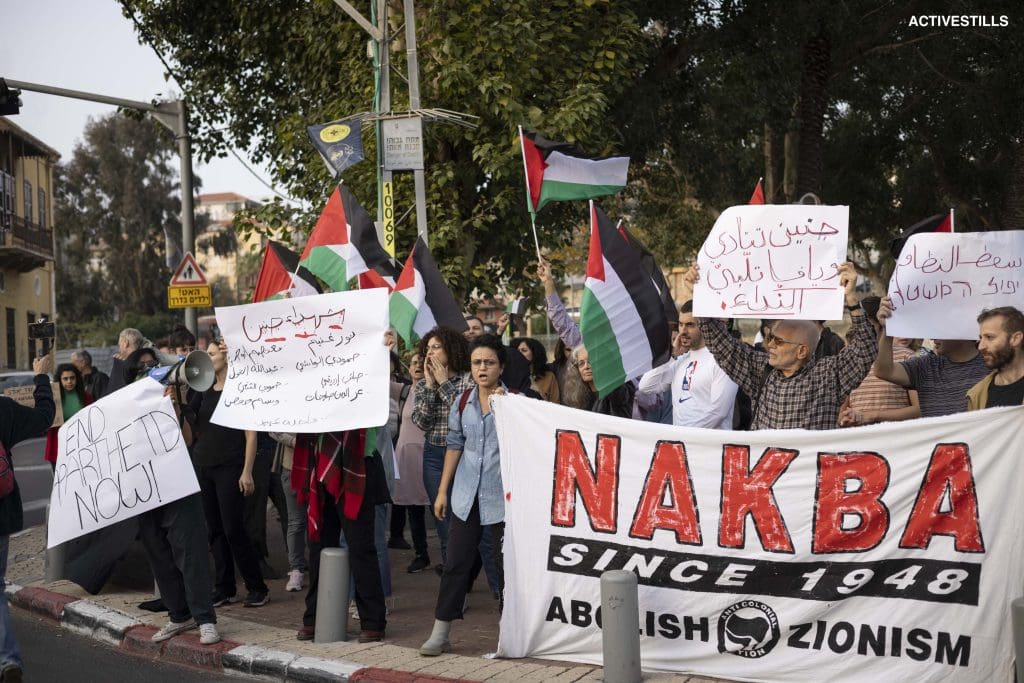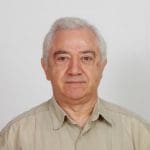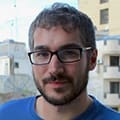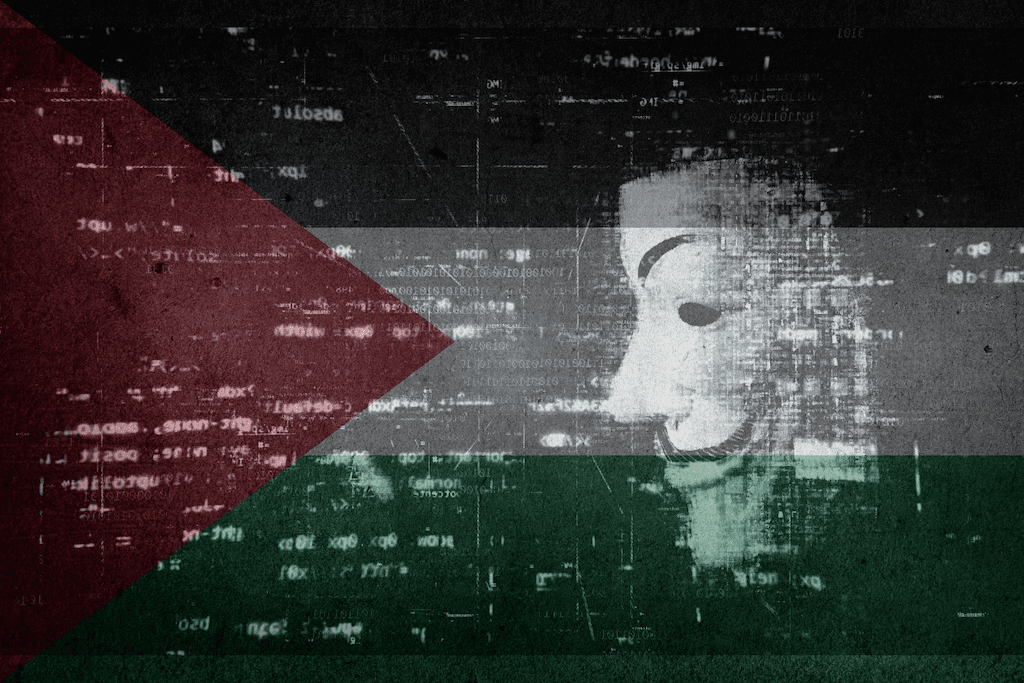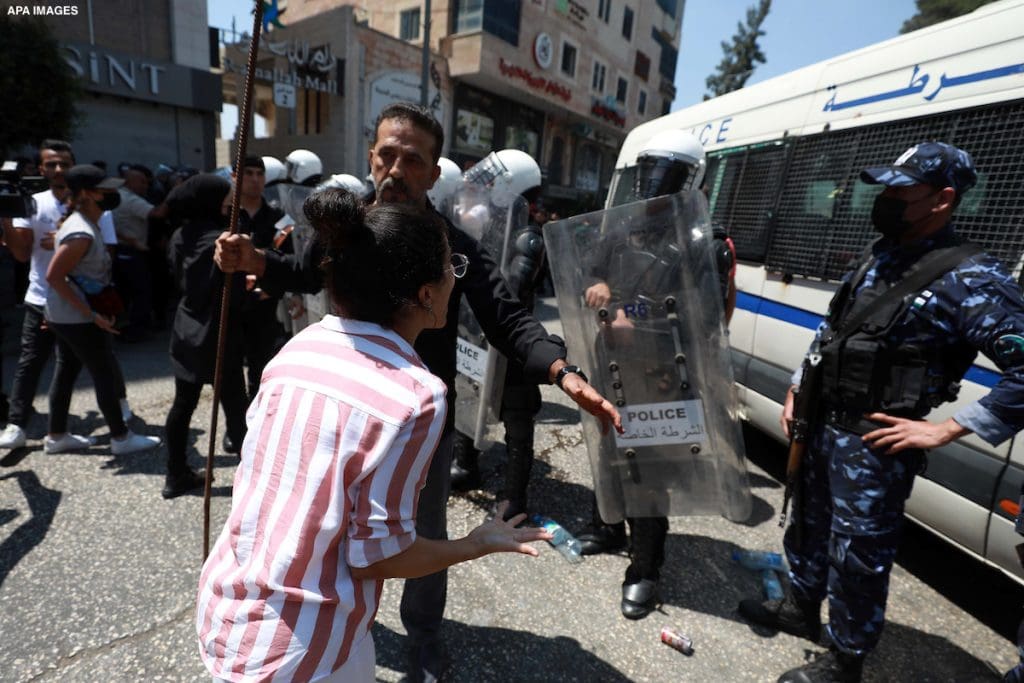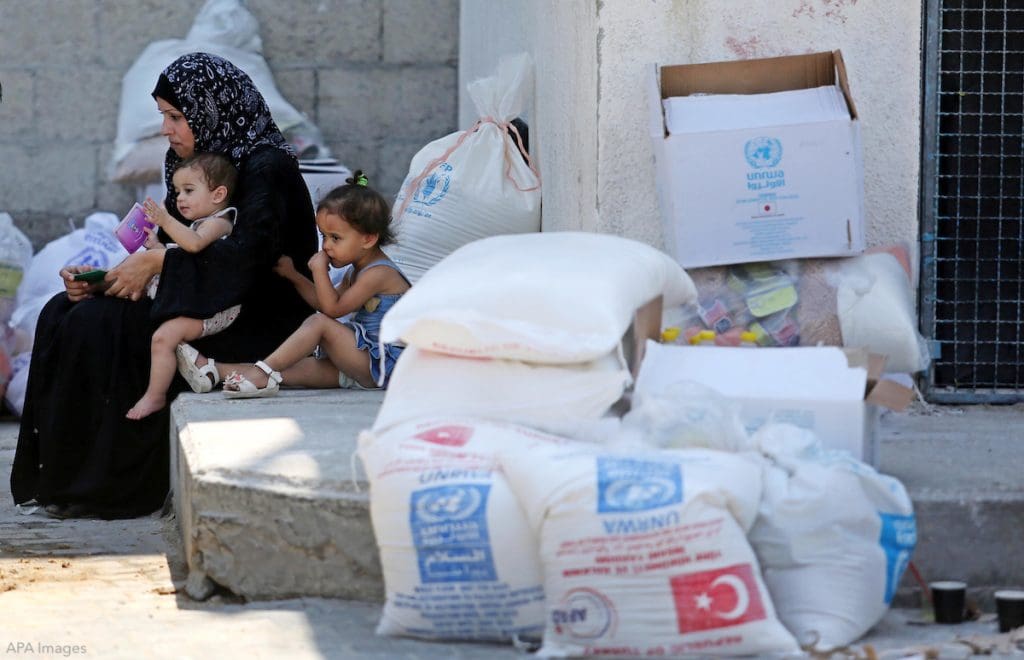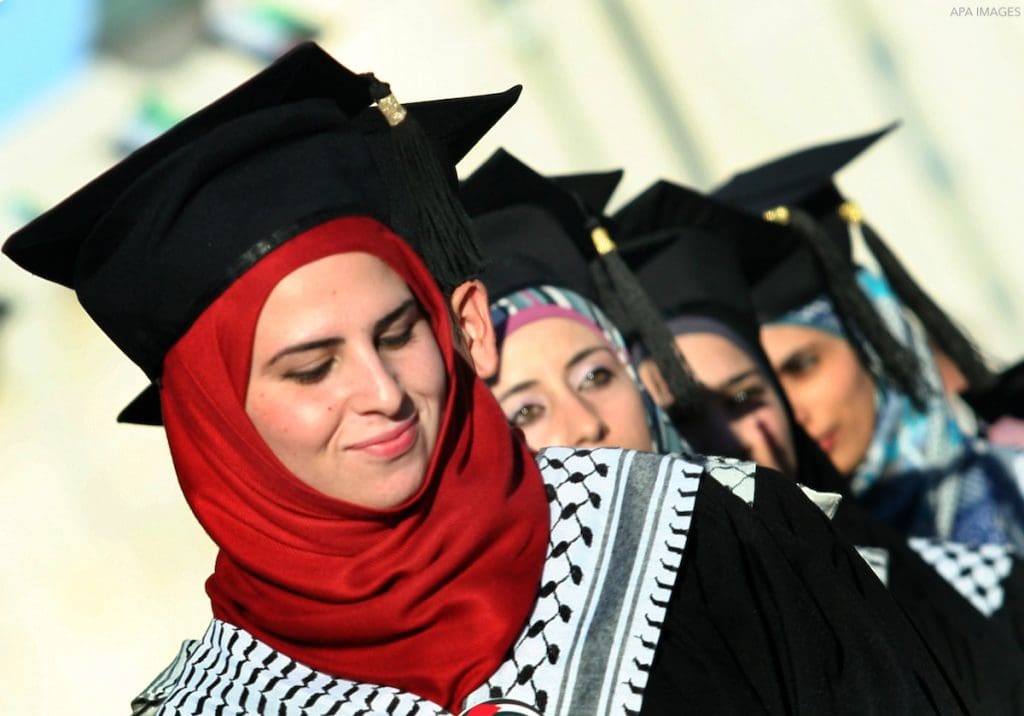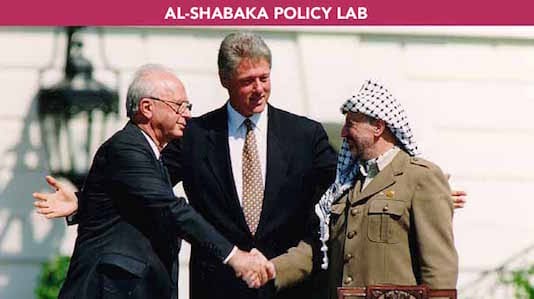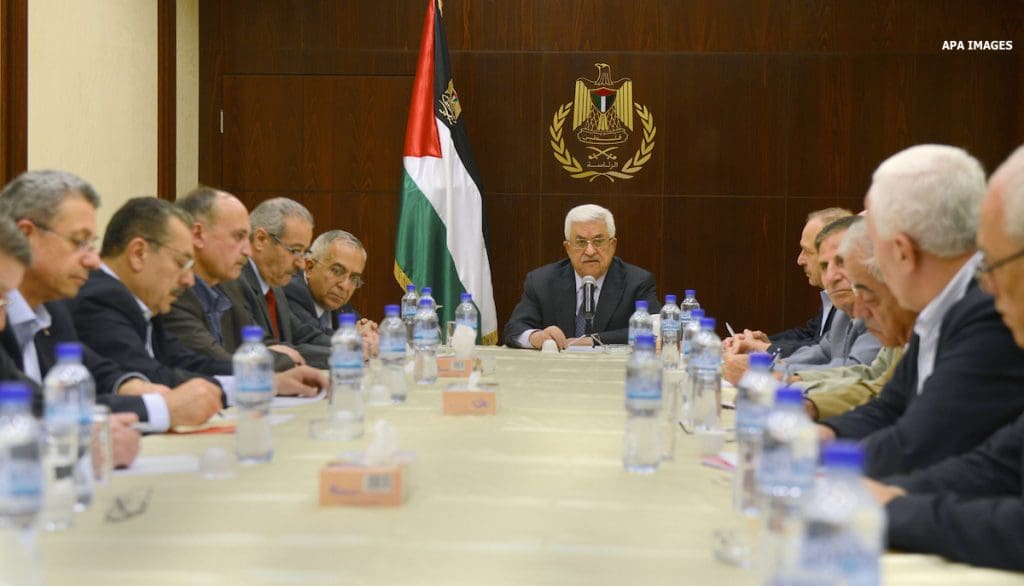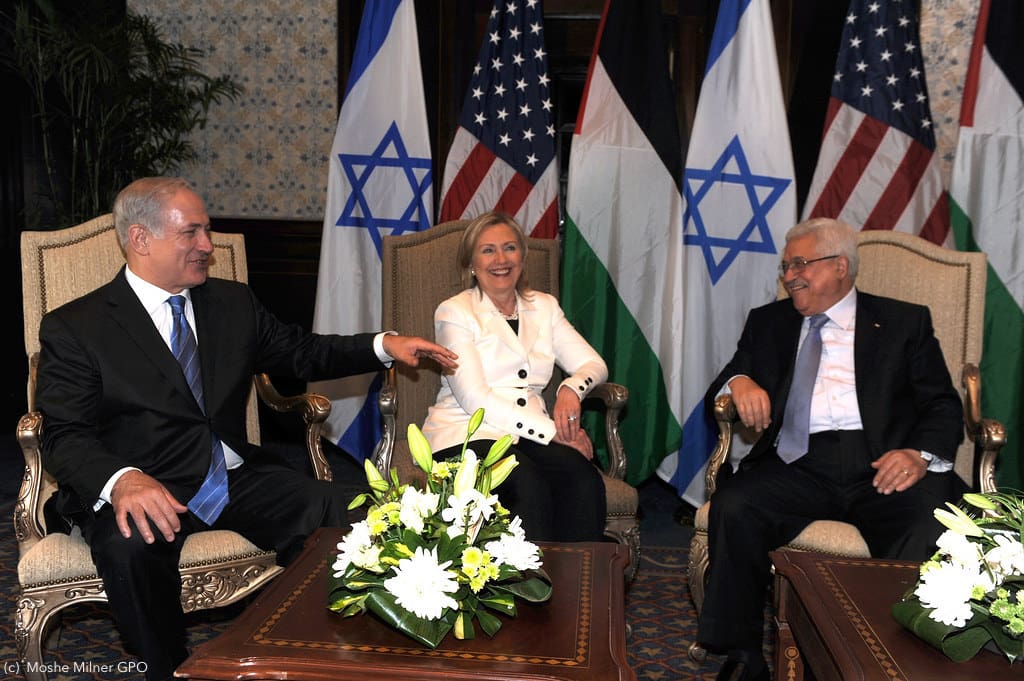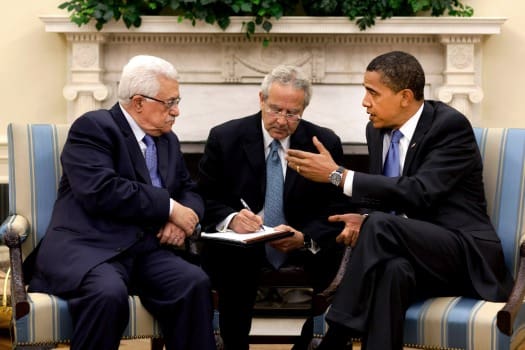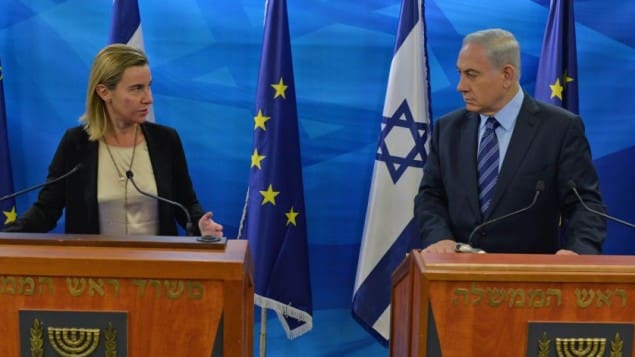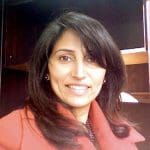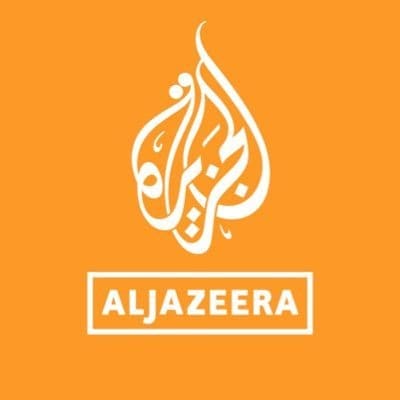Sam Bahour resides in Al-Bireh/Ramallah, Palestine. He does business consulting as Applied Information Management (AIM), specializing in business development with a niche focus on the information technology sector and start-ups. Bahour was instrumental in the establishment of two publicly traded firms: the Palestine Telecommunications Company (PALTEL) and the Arab Palestinian Shopping Centers (APSC). He is Co-founder & Emeritus Member of Americans for a Vibrant Palestinian Economy (A4VPE). He currently is an independent Director at the Arab Islamic Bank PLC and a board member at Just Vision. He writes frequently on Palestinian affairs and has been widely published in leading outlets. He is co-editor of HOMELAND: Oral History of Palestine and Palestinians (Olive Branch Press, 1993), tweets at @SamBahour, and blogs at epalestine.ps.
From this author
In this Focus On, Al-Shabaka’s policy analysts imagine Palestinian political futures within the context of historical and ongoing realities. Among other topics, they revisit the history of popular committees and consensus-building efforts during the First Intifada to show how local Palestinian governance might be strengthened, and how we might rethink the meaning of self-determination from the grassroots. They consider how various aspects of Palestinian society, including health, education, and policing, could be transformed to help sustain a new political vision for liberation, and revive popular engagement in colonized Palestine and beyond. And they examine the different means through which Palestinians can utilize international legal avenues to strategize an effective anti-apartheid movement.
The arrival of new digital technologies over the past decade has had critical implications for Palestinian activism. On the one hand, these developments have reinvigorated the Palestinian cause. Indeed, social media platforms have facilitated new channels and modes of social organization, helping Palestinians counter their geographic fragmentation under Israeli apartheid.
Punctuated by the outbreak of the Unity Intifada in May 2021, the trajectory of Palestinian resistance is experiencing a watershed phase marked by new actors and themes. With the effective neutralization of the Palestinian Liberation Organization (PLO) since the 1993 Oslo Accords, the deepening geopolitical fragmentation of Palestinians across colonized Palestine and the world, and the global shift to cyberspace, new opportunities — and threats — to Palestinian resistance have emerged.



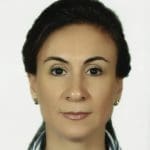
+
Sam Bahour,Rana Barakat,Mary Nazzal-Batayneh, + MoreOroub el-Abed,Nadia Hijab,Victor Kashkoush,Anis Kassim,Osamah Khalil,Mouin Rabbani,Jamil Hilal,Loubna Qutami,Haidar Eid,Yara Hawari,Nadim Nashif,Raya Naamneh,Omar Barghouti,Marwa Fatafta,Tariq Dana,Hatem Bazian,Noura Erakat,Alaa Tartir,Issam Younis,Nada Awad,Diana Buttu,Ingrid Jaradat Gassner· Aug 26, 2021
The Trump Administration’s decision to cut aid to the Palestinians and cease USAID operations in the Occupied Palestinian Territory (OPT) must serve as a wake-up call for Palestinian policymakers to lay the Oslo Accords aid model to rest. Neither this model nor the masses of aid funds that have poured into Palestine.


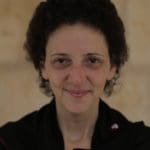

+
The system of higher education serving the Palestinian people has contributed to and been impacted by national fragmentation over the decades. At present, given the current political divisions and physical barriers within the Occupied Palestinian Territory (OPT), between the OPT and the Palestinian citizens of Israel, and with Palestinian refugees, it is difficult to remember a time when higher education brought Palestinians together.

Sam Bahour· May 12, 2019
September 2018 marks the 25th anniversary of the Oslo Accords. Looking back, how did the agreement impact the Palestinian national project and cohesion as a people? What does a post-Oslo Palestine look like?



A Palestinian leadership vacuum looms due to the ill health of the secretary general of the Palestine Liberation Organization (PLO), Saeb Erekat, and the frailty of the Palestinian Authority (PA) President Mahmoud Abbas, who also heads the PLO and its main constituent party Fatah.
With the election of Donald Trump, Israel believes it is free to do what it likes in the Occupied Palestinian Territory, making a difficult Palestinian leadership transition much harder. Al-Shabaka policy analysts examine different scenarios and propose alternatives ranging from consolidating the state to a struggle for the rights of the Palestinian people as a whole.
Once the US elections drama concludes, some believe Barack Obama will seize a final opportunity to act on Palestine-Israel. In this roundtable, Al-Shabaka policy analysts debate the probability of such a step, what form it could take, possible pitfalls, and what Palestinians should be doing to further their quest for freedom, equality, and self-determination.


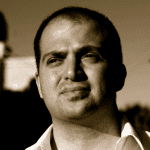
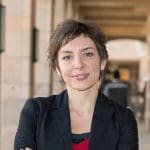
+
On Monday, January 18, 2016, the monthly meeting of the European Union Foreign Affairs Council in Brussels is expected to discuss and decide on next steps to be adopted by the EU on the Israeli-Palestinian issue. Policy-makers in Israel are worried as they fear an expansion of European efforts to isolate Israel’s settlements.












